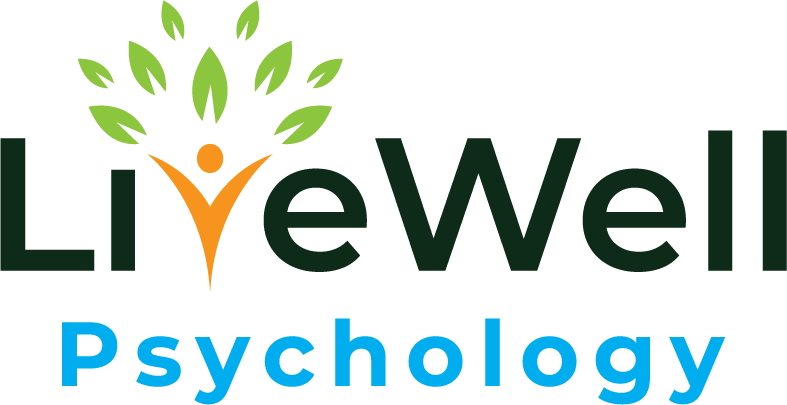Social Fatigue: How to Protect Your Energy When Life Gets Busier in the Fall
After the slower pace of summer, autumn often brings new school schedules, work projects, community events, and a surge of social gatherings leading up to the holiday season. While this can be exciting, it can also feel overwhelming—especially if you identify as an introvert, or if you simply need quiet time to recharge.
This sense of “social fatigue” is real. It’s the emotional and physical exhaustion that arises when your social demands outpace your ability to restore yourself. And left unchecked, it can lead to irritability, burnout, or even resentment toward the people you care about. The good news? You can enjoy connection while still protecting your mental health.
Signs You Might Be Experiencing Social Fatigue (Noticing these signs is the first step to taking action.):
Feeling drained after social events, even those you enjoy
Irritability or short temper with loved ones
Difficulty focusing or feeling mentally “foggy”
Wanting to cancel plans more often than usual
Loss of interest in activities you typically look forward to
Strategies to Cope and Recharge
Schedule Rest Like You Schedule Events - Think of alone time as an appointment with yourself—it’s just as important as a meeting or social obligation. Block off “non-negotiable recharge time” in your calendar, whether that’s an evening at home with a book, a solo walk, or simply an hour of quiet.
Practice the Art of the Graceful “No” - Saying no doesn’t mean you don’t care about others; it means you’re honoring your limits. You might say:
“I’d love to join, but I need a quiet night in to recharge.”
“Thanks for thinking of me! I’m at capacity this week, but let’s connect soon.”
Clear, kind boundaries help preserve your energy and your relationships.
Mix High-Energy and Low-Energy Socializing - Not every connection needs to be a dinner party or group outing. Suggest alternatives that feel lighter: a phone call instead of a meet-up, coffee instead of cocktails, or even running errands together. This helps you maintain connection without depleting your reserves.
Tune Into Your Body’s Signals - Notice if you’re sighing a lot, getting headaches, or feeling physically tense before social events. These may be cues that your system is overloaded. Respecting these signals helps you prevent deeper exhaustion.
Reframe “Missing Out” as “Preserving Capacity”- Fall’s calendar can create a powerful sense of FOMO. But reminding yourself that you’re not missing out—you’re choosing to show up fully for the commitments that matter most—can shift guilt into empowerment.
The Takeaway
Social connection is vital to our wellbeing, but so is solitude. Especially as fall brings more activity into our lives, balance comes from knowing your limits, giving yourself permission to rest, and communicating boundaries with compassion.
When you approach your calendar with intention, you create space not just for others, but for yourself. And that’s what allows you to show up with presence, energy, and joy in the moments that truly matter.
If you’re finding it hard to set boundaries or are feeling worn down by social demands, Dr. Jessica Tomaula at LiveWell Psychology is here to help. We can work together to build strategies that protect your energy, reduce stress, and improve your relationships.
Contact us today to schedule an appointment or to learn more about our services.

